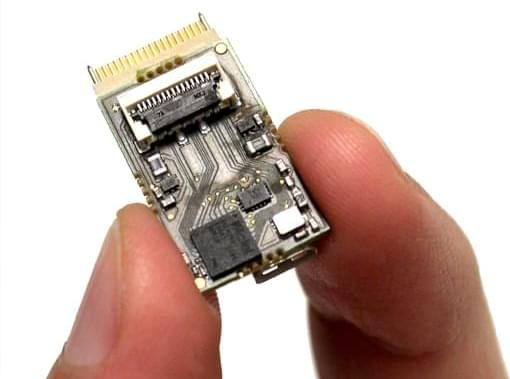The era of bioelectronic healthcare is dawning upon us. As electronic systems shrink in size and improve in functionality, we see more and more emerging devices that can track vital signs, such as heart rate and blood pressure, realising the grand vision of highly connected sensor nodes monitoring patients’ health beyond the hospital doors. The real revolution in digital healthcare, however, lies in bringing not only the diagnostics but also the therapy to the patient which requires interfacing the world of electronics with biology.
Interfacing the nervous system provides an immense opportunity to observe (through recording) and modify (through stimulation) the functional state of the biological system to fundamentally understand various diseases and health conditions, and to ultimately develop suitable therapies through closed-loop systems [1]. Consequently, a host of neural interface modalities, with varying levels of invasiveness, have been developed over the past decades. Among all, interfacing at the individual neuron level allows the highest level of information transfer from the brain.
Despite the success of devices such as Cochlear Implants, interfacing at the individual neuron level is still severely limited due to challenges such as selectivity (for stimulation) and thermal-limitations imposed on data transmission to prevent neural tissue damage. The latter is a major bottleneck in improving information transfer rate of neural recording systems as they scale up. Hence, there is currently a tremendous drive to develop new enabling technologies for neuroscience to provide insightful views on how motor or sensory information is represented and transformed by the brain, as well as revealing how this complex system is affected by neurological injuries and disease.
